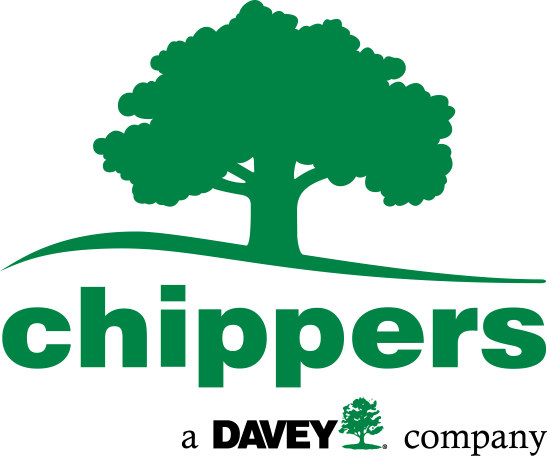Every now and then, I hear or read random statements claiming that lawn fertilizers are dangerous. This is a topic worthy of further investigation and scientific explanation. There are many different kinds of lawn fertilizers which often can blur and dilute the discussion simply because of the wide range of materials available to professionals and home owners alike.
Most folks recognize that fertilizers are often just plain minerals manufactured for plant growth for lawns, trees, flowers, and house plants. Fertilizers can have a base source of organic material, natural (blended), or straight manufactured minerals for plant consumption. Within these categories there are slow release types, zero phosphate forms, and a host of other varieties dependent upon the use and intended results.
A desirable lawn fertilizer should have characteristics including slow release of Nitrogen and Potassium, plus no phosphate due to use around waterways as dictated by state and federal regulations. A perfect example would be Lake Sunapee in NH. To protect the drinking water, the Shoreland Protection Act requires use of a slow release, zero phosphate fertilizer be used no closer than 25ft to the surface water.
Lake Sunapee is also a watershed that means unless you have very specific permits issued by the state, any application to the landscape cannot occur within 250ft of the lake. This important safeguard protects both the beauty of the lake and the water supply for those living in and around this watershed. Chippers lawn and plant health care division has such a permit due to the precise use of our advanced product choices for not only lawn fertilizers but for weed and pest control as well.
Since grass is a living filter and growing every day, proper mowing and watering play a large role in protecting our lakes, ponds, stream and rivers. The correct use of lawn fertilizers promotes a healthy turf area, reduces erosion, and creates a safe play area during our brief summers. Since most turf in NH requires 3-4lbs of Nitrogen per year, a balanced lawn program will satisfy this requirement under most conditions of use. Excessive watering, short mowing habits, and misuse of any kind of lawn fertilizer are certainly potentially harmful to our waterways and aquatic friends.
Not only does the product itself play an important role due to its inherent chemical properties, but the applicator, including home owners, are responsible for safety when using fertilizers in any situation. As in any business, proper certification, licensing, and training are all key ingredients toward managing a healthy landscape while using lawn fertilizers as one tool for property enhancement and enjoyment. Talk with your landscape expert if you have questions or concerns.

Are Lawn Fertilizers Dangerous?
Tags:
chippers
, Fertilizer
, lawn companies
, trugreen
, lawnmaster
, new london lawn care
, upper valley lawn care

